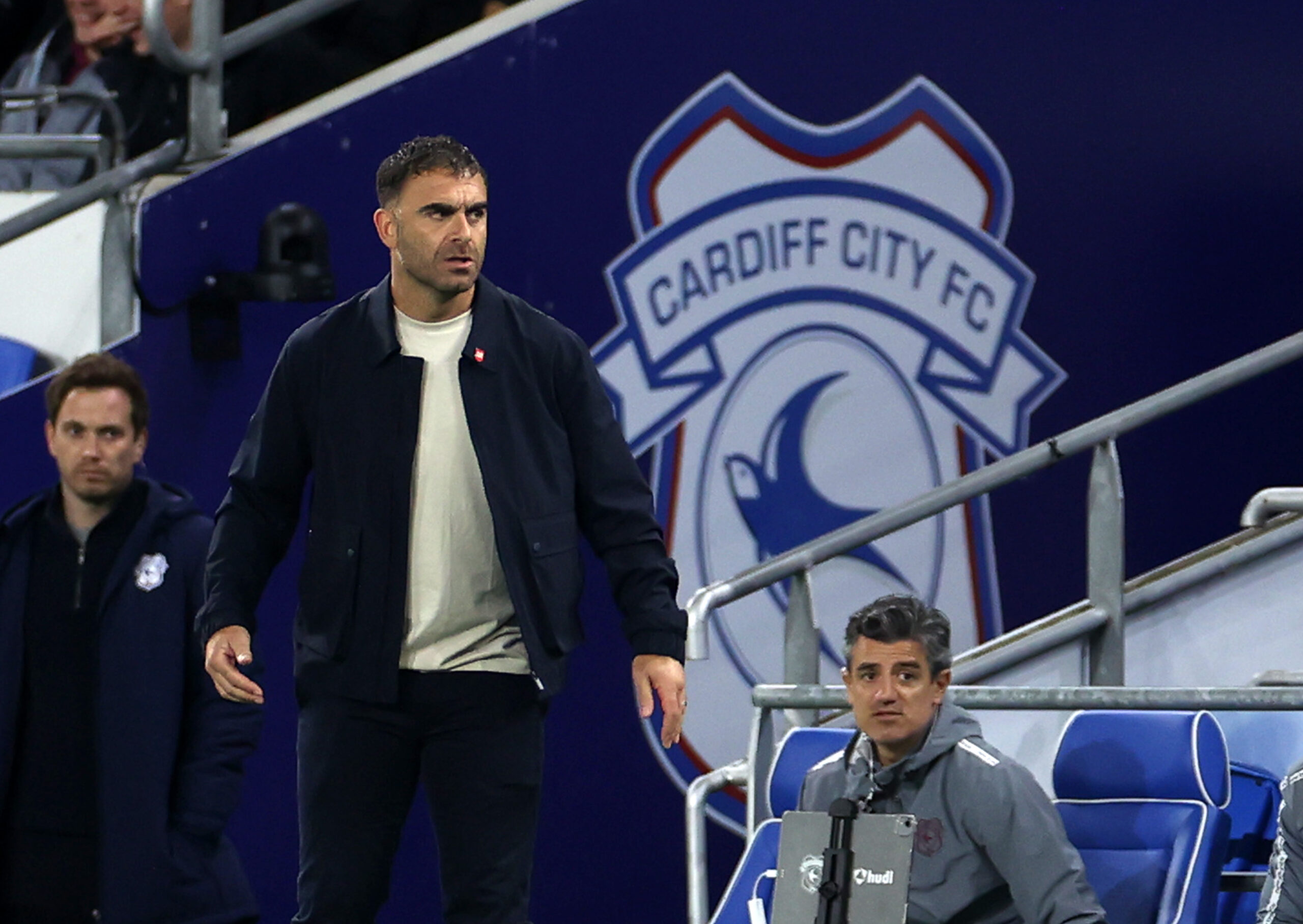BUSINESS AFTER SPORT With former Welsh international rugby union player; Tony Clement
You Could Always Bank On Tony Clement
Tony Clement still remembers the day it all stopped for him as a rugby player.
He had enjoyed a glittering career spanning 246 games for Swansea and 37 matches for Wales, with two Lions tours along the way.
But, modest and unassuming, the former full-back didn’t make a fuss when he finished.
“I played my final match on the Saturday and got on with the next chapter on the Monday,” he says.
“I didn’t miss playing that much. I’d enjoyed some great times with Swansea and made brilliant friendships but playing was becoming harder after a couple of nasty injuries.
“Our children were also quite small, so it was probably a good time to move on. I had opportunities to play for other clubs at a slightly lower level, but I wasn’t interested. I was happy to get stuck into other stuff, then.”
It was 1999. “Clem”, as he was universally known in rugby, was 32.
Tony Blair hadn’t long been installed as UK prime minister, Derby County finished eighth in football’s Premier League, Notting Hill was a hit at the box office and rugby was still getting used to the ways of professionalism.
Many younger players embraced the new age for the sport without qualms, becoming full-timers, but for those who had already been in the game a long time there were significant decisions to make.
“A handful of us at Swansea still had day jobs,” Clement recalls.
“I realised that you had to give rugby full tilt during the week to stand a chance of playing well, so it was a tough balancing act, but the club were very patient and understanding.
“But the injuries I had at the time meant it was always a tall order to squeeze another couple of years out of the game at that level.
“I was Swansea through and through, man and boy, a one-club man and I wasn’t interested in playing for anyone else.
“I had things lined up. I was always in the finance world and I’m still in it.”
Clement initially held down a role as a business executive with motor company CEM Day Ltd before becoming a partner in a finance company and then moving into his current post as banking manager for Handelsbanken PLC.
Along the way he gained a master’s degree in business administration, while coaching at Dunvant, Swansea and the Ospreys.
All things considered, his move from player to financier was relatively seamless, then.
“I did have a call to make in 2007 over whether to stay in coaching,” he says.
“After giving the matter some thought, I thought it best to call it a day.
“I enjoyed aspects of the role, especially being out on the grass. But I didn’t see myself as a career coach. Also, I wanted to throw myself more into the finance stuff. I wanted to give it more focus.”
Adding to his bank of qualifications was important to him.
“I’d never had the opportunity to do anything like a masters as a player, what with playing full tilt from the age of 18 and travelling extensively,” he says.
“But I wanted to get a good qualification under my belt, and it was great to do so. I studied business administration and learned a lot.
“There was a great group in the class and fabulous lecturers. I went to night school for three years and enjoyed it all. The course helped me a lot.”
Clement was some player.
Those who saw him can clamp their eyes shut and still see him triggering one of the tries of the 1989-90 season with a break from inside his 22 against Bridgend at the Brewery Field.
With fellow adventurer Mark Titley alongside him, he helped the Whites stay true to their attacking traditions. He also had a cannonball boot and rarely spilled a high ball.
He has been with Handelsbanken for 13 years. What does his role entail?
“A key part of the job involves managing private banking relationships,” he says. “I find my involvement in sport has helped me. Working as part of a team teaches you certain values and a rugby changing room is brilliant because it contains people from all walks of life.
“You are exposed to a cross section and the experience carries you forward as a person. You are also taught the importance of structure.
“You learn to do things as well as you can, and to execute. It’s a great foundation for a career outside the game.”
Rock solid on the pitch, Clement is the same off it.
The man who played fly-half, centre, wing and full-back for Wales is also adaptable.
It isn’t hard to see why life after playing has worked out well.











